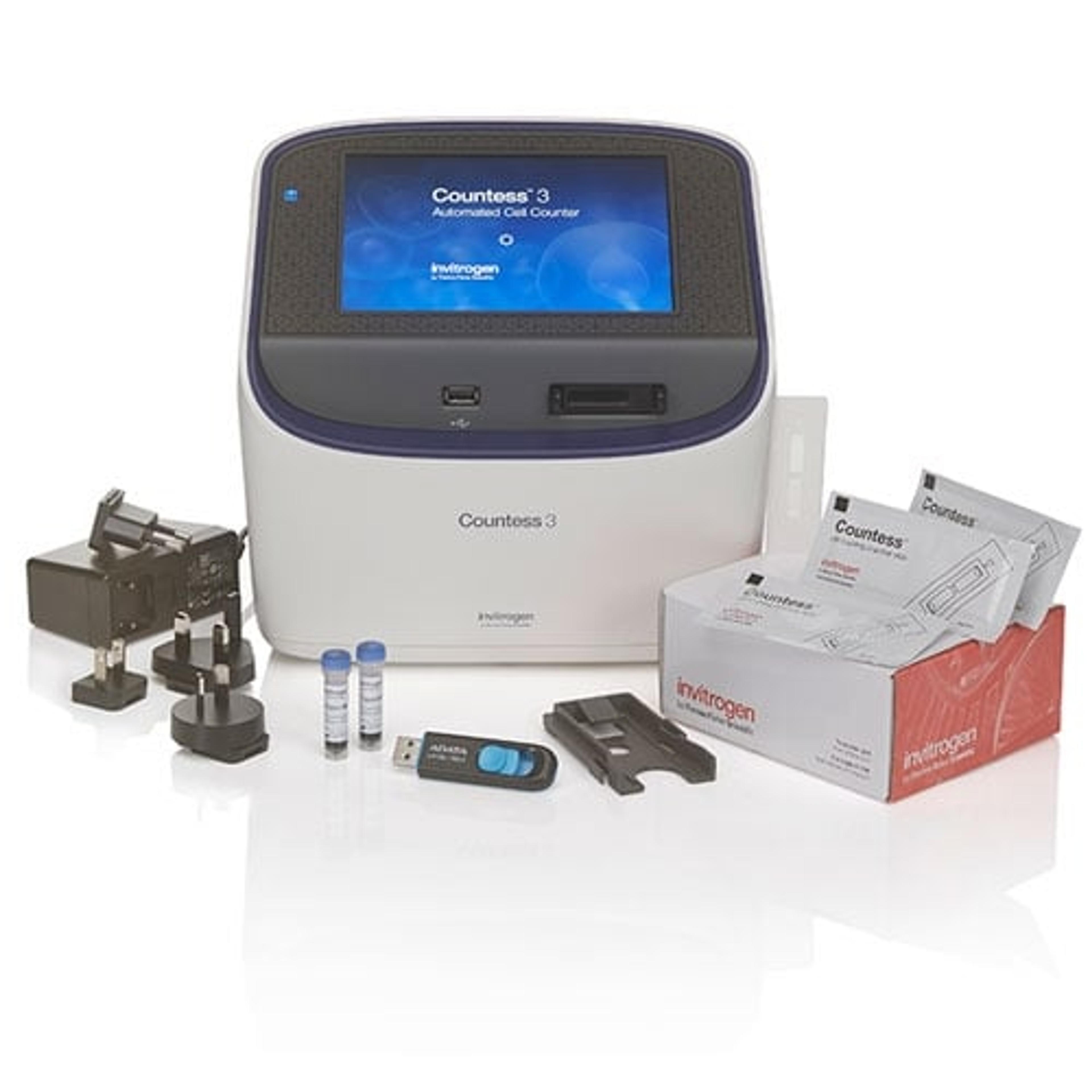FDA grants emergency use authorization for two next-generation COVID-19 assays from Thermo Fisher Scientific
17 Aug 2021
Thermo Fisher Scientific, a world leader in serving science, has announced that the U.S. Food and Drug Administration (FDA) has granted emergency use authorization (EUA) for the TaqPath COVID-19 Fast PCR Combo Kit 2.0 and the TaqPath COVID-19 RNase P Combo Kit 2.0, both highly accurate assays designed with increased target redundancy to compensate for current mutations and emerging SARS-CoV-2 variants.
Both PCR-based kits leverage an updated design from the original TaqPath assays, targeting eight different genes across three regions of the virus that causes COVID-19. This built-in redundancy helps ensure accuracy of results in situations where gene expression in the virus vary as new mutations emerge.
"The Delta variant is just the latest example of how SARS-CoV-2 mutations can have a major impact on the efficacy of global pandemic management," said Manoj Gandhi, senior medical director for genetic testing solutions, Thermo Fisher Scientific. "We are working to keep laboratories, public health officials and communities one step ahead of the virus, and these tests play a key role, alongside our full menu of diagnostic solutions, in supporting that effort."
The TaqPath COVID-19 Fast PCR Combo Kit 2.0 assesses raw saliva and uses a simple workflow from sample collection direct to PCR to help preserve supplies. Results are returned in about two hours to enable broad, high-frequency testing.
The TaqPath COVID-19 RNase P Combo Kit 2.0 is designed with an approximate three-hour turnaround time and can detect SARS-CoV-2 from individuals suspected of COVID-19 by their health care provider, as well as from patients who are asymptomatic.*
The first generation TaqPath COVID-19 Combo Kit received EUA from the FDA in March 2020.
Want the latest science news straight to your inbox? Become a SelectScience member for free today>>
* when tested twice over 2 or 3 days with at least 24 hours (and no more than 36 hours) between tests

